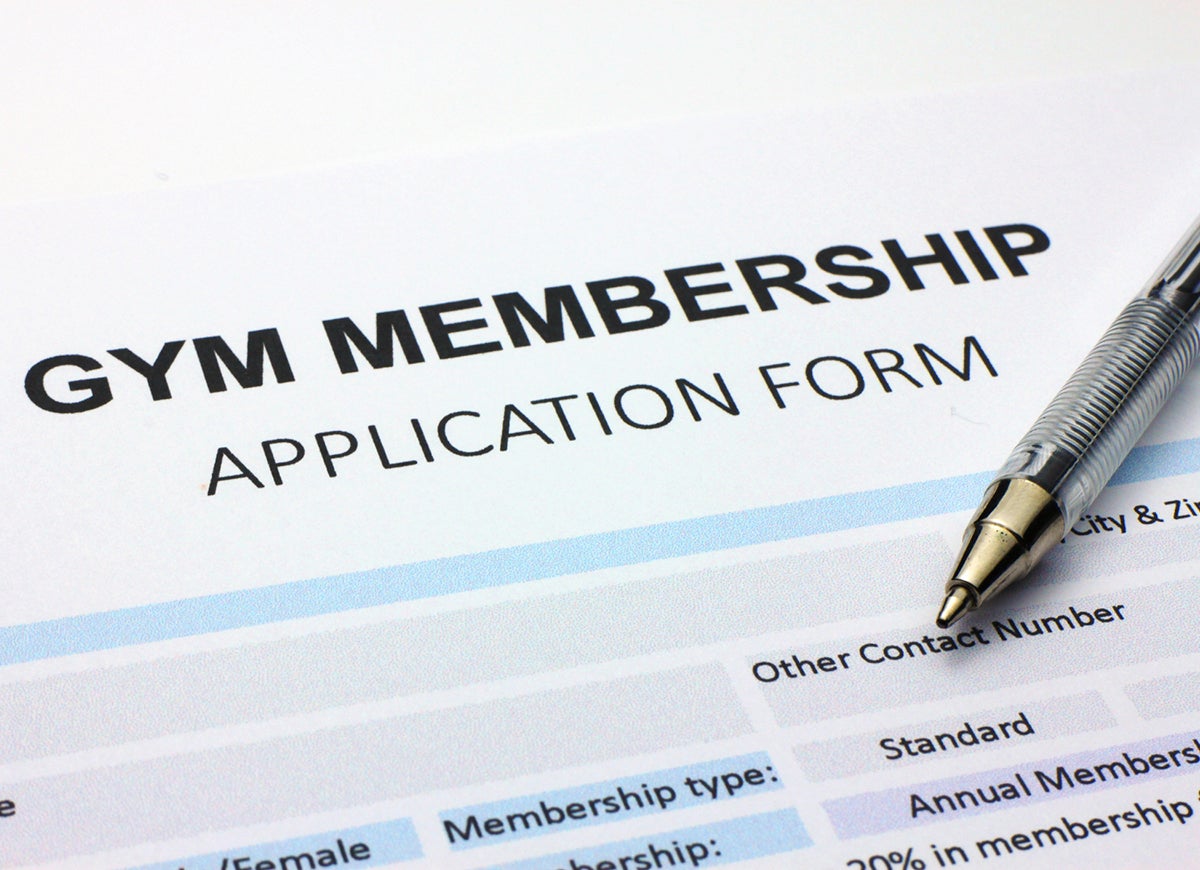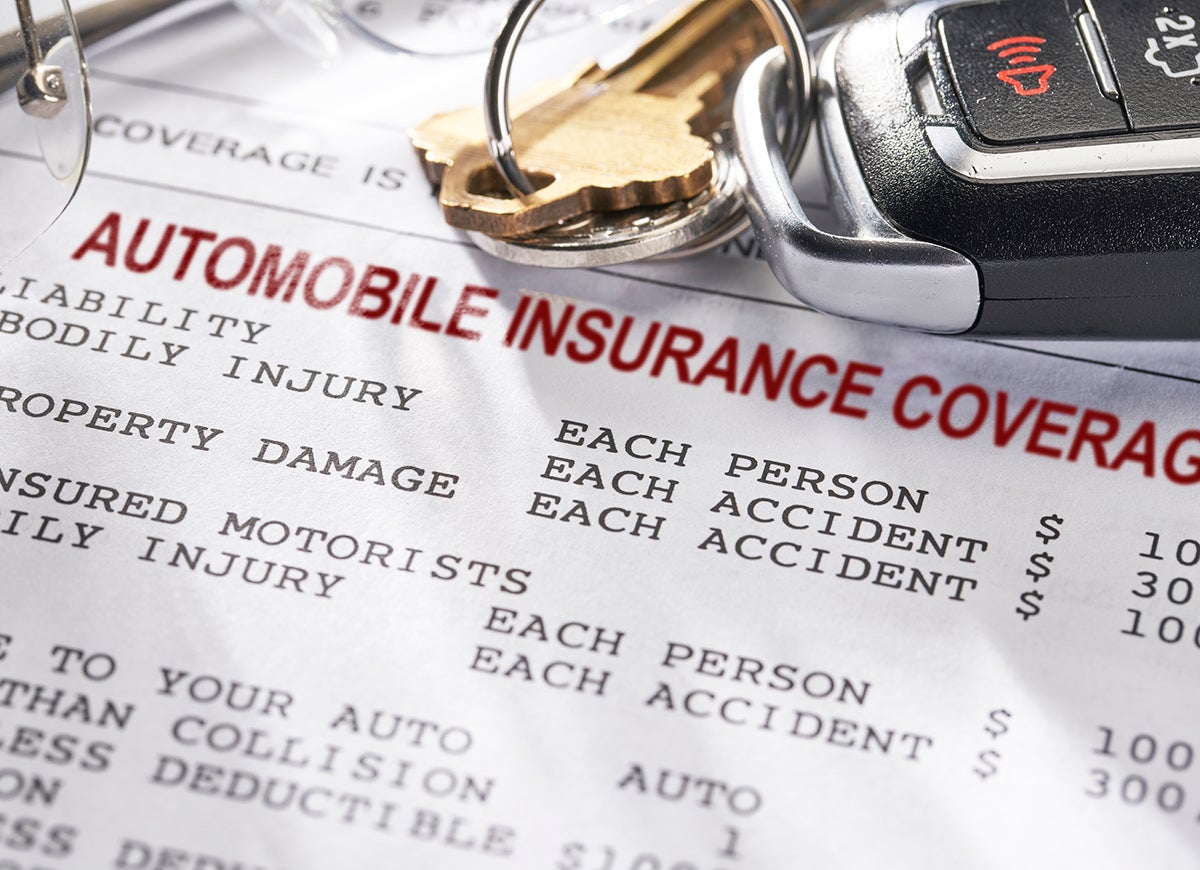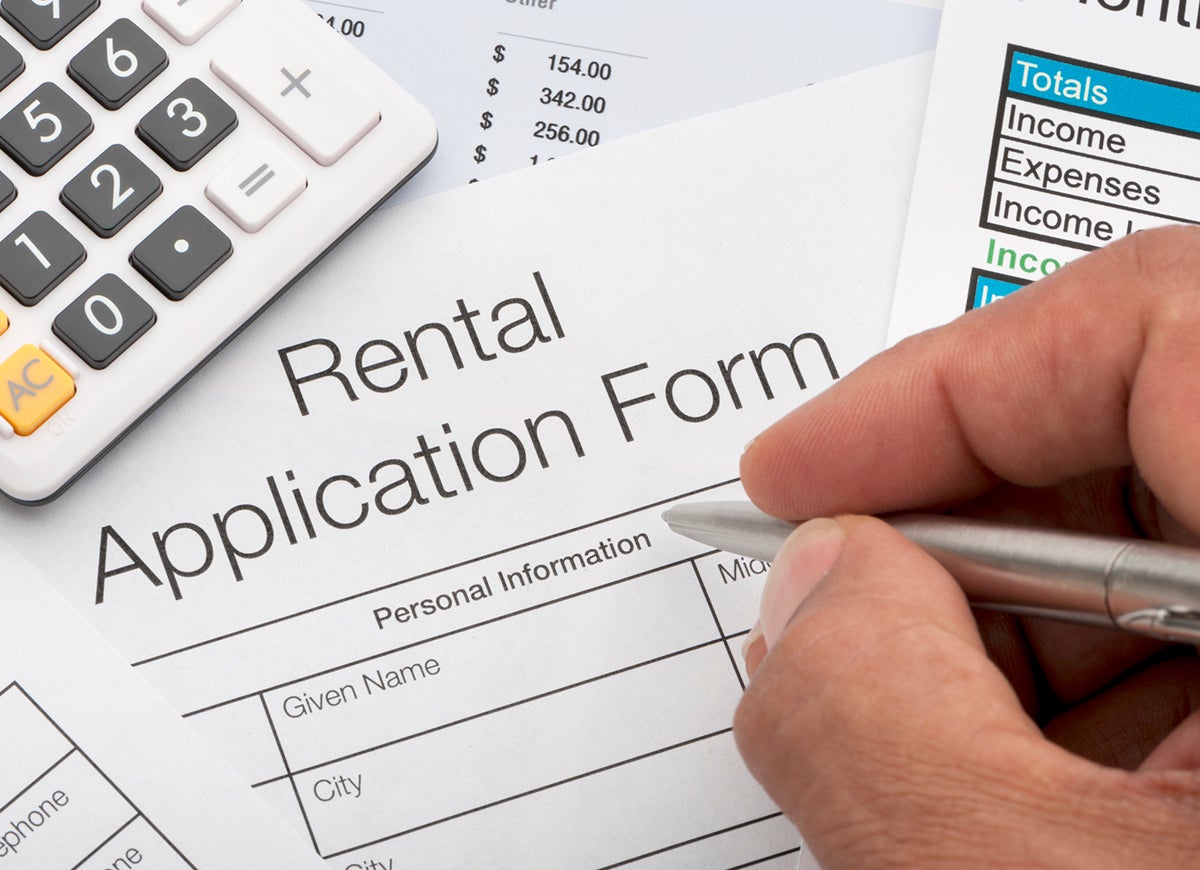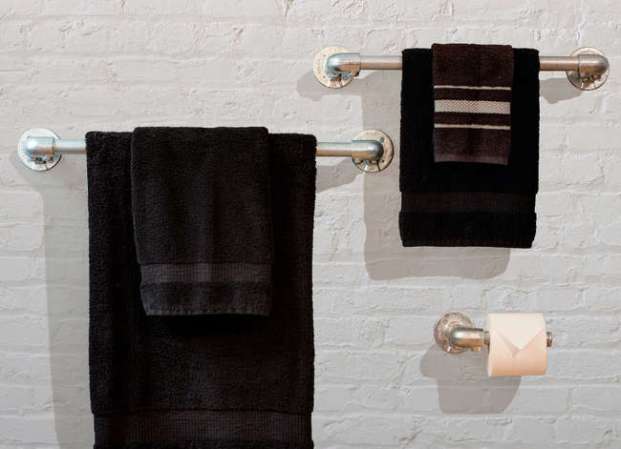We may earn revenue from the products available on this page and participate in affiliate programs. Learn More ›
Every Dollar Counts

Hidden fees are everywhere. Many vital services find ways of tacking on little additions to your bill that may seem innocuous but really add up, and are often unnecessary. Your best defenses against these charges are awareness, self-advocacy, and attention to the fine print. Be proactive: If you inquire beforehand about a potential charge, you may find that the company is willing to waive it. Once you’ve paid a bill, it can be much harder to get a refund, although it’s not impossible if you’re persistent. These pesky fees are omnipresent, but they’re avoidable—as long as you’re paying attention.
ATM Charges

While cash-free payments are more popular than ever, real money is still necessary at times. Banks know that when you’re cash-strapped, you’ll be more willing to swallow a service fee for the convenience of using a nearby ATM. But you shouldn’t have to pay this $2 to $4 usage fee simply to withdraw money from your own bank account. Always start by searching for an ATM in your bank’s network (check your bank’s mobile app). If an in-network ATM isn’t available, opt for getting cash back when you make a debit-card purchase at a grocery store or other retailer. To end these charges once and for all, bank with an institution that pledges to refund ATM fees.
Hidden Bank Fees

There are dozens of hidden fees that banks can charge you, so it’s worth having an up-front conversation with your banking adviser about what, exactly, you get for free, and what you’ll end up paying for. Some common fees include monthly account maintenance, fees for dipping below a minimum balance, and overdraft charges. Some banks even charge you for withdrawing money from your own savings account if you exceed six withdrawals per month. Shop around and read the fine print before opening any bank account. As well, always pay attention to emails and other correspondence about the terms of your accounts, and turn on automatic alerts that tell you when you’re approaching an account limit.
Related: 10 “Free” Things That Cost You Money in the Long Run
Late Fees

Ouch. If you forget to pay your credit card bill by the due date, you may be charged up to $27 for the first late payment, and up to $38 in subsequent billing cycles. To add insult to injury, the company may also increase your annual percentage rate (APR). The safest, most convenient way to avoid late fees is to sign up to have automatic payments withdrawn from your bank account monthly. If you’re not comfortable with this, at the very least authorize e-alerts to remind you that your payment is due. If you do incur a late fee and it’s a one-time thing, contact your issuer and ask for the fee to be waived.
Gym Initiation

Congratulations! You’ve made a commitment to your health and have decided to join a gym. That’s great—but wait. How much is this going to cost you? In addition to the monthly membership fee, a gym may also charge an initiation fee just for signing up. Fortunately, this is one charge that’s negotiable. Speak up and ask: What fees can you waive if I sign up today? Also, choose the right time to join. Instead of signing up in January, which is peak season for new memberships, try making your commitment in the summer, or a day or two before the end of the month. Gyms have quotas, so it might pay off for you to pick a time when they’re more eager for your business and willing to make individual adjustments.
Wireless Extras

Some fees charged by wireless internet and cable companies may be couched in technical language that makes them sound important, but they may simply be extra charges you don’t have to pay. For instance, internet providers commonly waive activation and upgrade fees, which range from $25 to $45, during seasonal promotions, but you can ask that these fees be waived at any time. The same goes for installation and service fees, which can run from $50 to $100. Worried that you may still be paying too much? Check out BillFixers, a company that helps negotiate and save you money on cable bills.
Account Maintenance

An IRA, or individual retirement account, helps you set aside funds relatively painlessly over the course of your career. Sounds sensible, right? But even while you’re trying to save money, banks can charge you for the service. You may be charged an IRA maintenance fee of $20 or more per year, or you may incur a fee if you don’t maintain a certain balance. Avoid getting saddled with these fees by keeping your retirement accounts at banks, brokerage firms, and mutual fund companies that don’t charge them. As well, some institutions will waive fees if you sign up for email statements or maintain a minimum balance. If you don’t know whether you’re paying a maintenance fee, ask!
“Processing” Fees

Some car insurers charge a “processing fee” for each monthly installment. You can avoid this fee by paying the entire amount due for your coverage plan at once, typically in six-month or one-year increments. Also, make sure you shop around for the best car insurance plan for your needs. One industry-leading resource is the National Association of Insurance Commissioners (NAIC), which has a consumer advice website to help you make informed decisions.
Hotel “Perks”

Before you even book a room, double-check with the hotel about possible hidden fees, including Wi-Fi charges, parking fees, and tacked-on costs for adding a pet or an extra person to your booking. Then, when you check into a hotel, ask the front desk clerk what services and fees may be bundled into your final bill. Key phrases to ask about are “safe warranty fee,” “coffee maker fee,” and “resort fee”—codes for charges for perks like in-room safes, coffee makers, and hotel pool and gym amenities. Your savvy will pay off in dollars saved.
Wire Transfers

The traditional way to send money abroad is through an international wire transfer. Domestic banks charge a fee for handling wire transfers, both incoming and outgoing, ranging from $15 to $45 per transaction, depending on the institution. Fortunately, there are now cheaper, faster ways to send money internationally. One service to investigate is TransferWise, which charges less than 1 percent of the transfer amount.
Application Fees

When it comes to rental applications, home mortgages, and refinancing, just signing your name to paperwork can cost you. While many costs associated with renting and buying property can’t be waived, application fees are an exception. If you are a serious contender, inquire with the leasing agent or bank. This can save you from $100 to a few hundred dollars. Also, make sure your lender is transparent about all closing costs, and remember this guidance on mortgage shopping from the Federal Trade Commission: “Shop, compare, negotiate.”
Overweight Luggage

Travel is stressful in the best of times, but these days you really don’t want to encounter any extra headaches. One avoidable stressor? Overweight luggage fees. If you’re not careful, some airlines charge upwards of $100 for overweight and extra bags. To avoid any surprises, make sure you read the luggage policy before purchasing a ticket, and weigh your bags at home before heading to the airport. Invest in good-quality, lightweight luggage, and distribute weight across your allowed pieces. In a pinch, you can hold down luggage weight and volume by wearing extra layers of clothing.
Paper Statements

This is a fee that actually makes sense. In an attempt to change consumer behavior, some companies now charge a minimal fee for paper statements. The fee itself isn’t much, typically a dollar or two. The hope is that most people will switch to e-statements, thereby saving money, labor, and trees. An e-statement can also serve as a reminder that a bill is due, saving you from late fees and providing a convenient digital archive of your purchases, utility costs, and other recurring expenses. Less paper to keep track of and fewer charges? That’s a good thing.
















